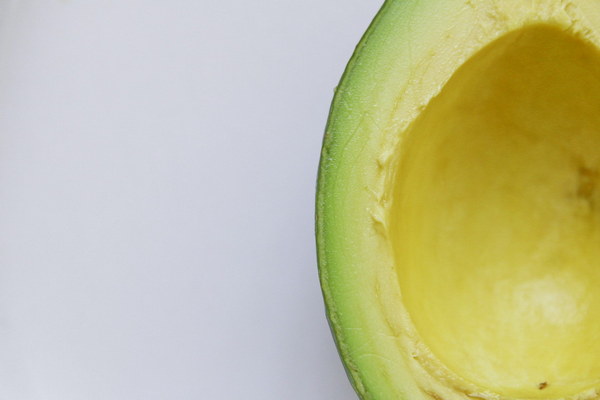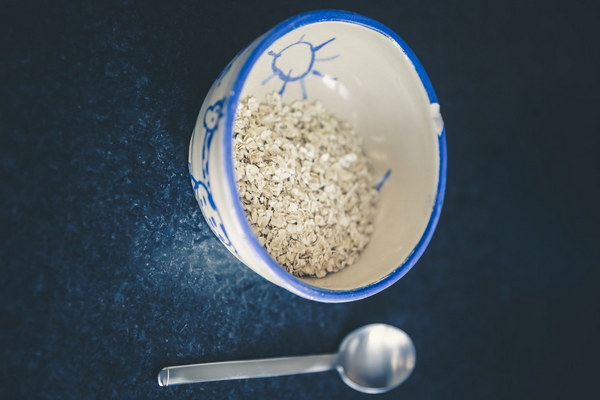Is Nourishing the Kidneys Really as Simple as Eating Lamb Kidneys
In the realm of traditional Chinese medicine, the concept of nourishing the kidneys holds a significant place. It is widely believed that consuming certain foods can help strengthen the kidneys and improve overall health. One of the most debated topics is whether eating lamb kidneys is truly an effective way to nourish the kidneys. In this article, we will delve into this topic and explore whether lamb kidneys are indeed a go-to option for kidney health.
Firstly, it's important to understand the role of kidneys in the body. Kidneys are vital organs responsible for filtering waste products from the blood, regulating blood pressure, and producing red blood cells. They also play a crucial role in maintaining electrolyte balance and fluid balance in the body. Therefore, ensuring the health of the kidneys is essential for overall well-being.
In traditional Chinese medicine, the kidneys are associated with energy and vitality. The concept of kidney essence is a central idea, which refers to the fundamental substance that sustains life and reproductive capabilities. Hence, the focus is on nourishing and strengthening the kidneys to maintain a healthy life.
Lamb kidneys have long been considered a kidney-tonifying food in many cultures. They are believed to have properties that can boost kidney function and enhance overall health. The rationale behind this belief is that lamb kidneys are rich in various nutrients that are beneficial for the kidneys, such as amino acids, vitamins, and minerals.
One of the key nutrients found in lamb kidneys is creatine, which plays an essential role in muscle function and energy production. Creatine is also believed to have a positive impact on kidney health by supporting renal function and reducing the risk of kidney disease. Additionally, lamb kidneys contain a good amount of vitamin B12, which is crucial for red blood cell production and maintaining nerve health.
However, the question remains: Is consuming lamb kidneys alone sufficient to nourish the kidneys? The answer is not straightforward, as kidney health is influenced by various factors, including diet, lifestyle, and genetics.
While lamb kidneys can be a part of a balanced diet that promotes kidney health, they should not be the sole focus. A holistic approach that includes a well-rounded diet, regular exercise, and adequate hydration is essential for maintaining kidney health.

A balanced diet should include a variety of fruits, vegetables, whole grains, lean proteins, and healthy fats. These foods provide essential nutrients that support kidney function and overall health. For example, leafy greens such as spinach and kale are rich in antioxidants and vitamins that can help protect the kidneys from oxidative stress.
In addition to a healthy diet, regular exercise is crucial for maintaining kidney health. Physical activity can improve blood flow, reduce the risk of hypertension, and help control blood sugar levels, all of which are important for kidney health.
Lastly, staying hydrated is vital for kidney function. Adequate fluid intake helps the kidneys filter waste products and maintain electrolyte balance. It's important to drink enough water throughout the day, especially during hot weather or when engaging in physical activities.
In conclusion, while lamb kidneys may offer some benefits for kidney health, they should not be seen as a magic solution. A well-rounded approach that includes a balanced diet, regular exercise, and adequate hydration is the key to maintaining kidney health. It's always best to consult with healthcare professionals or registered dietitians to develop a personalized plan that suits your individual needs and preferences.









